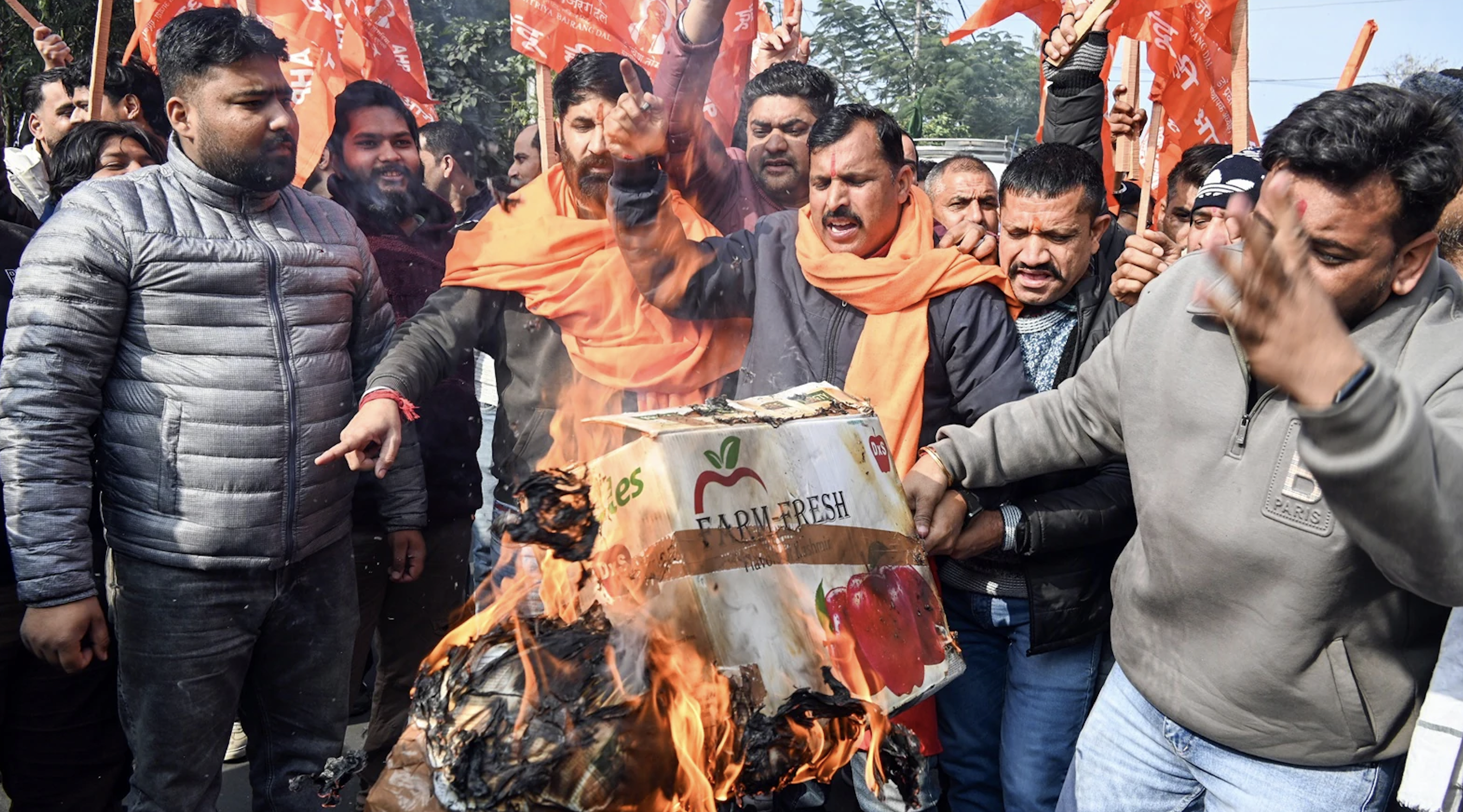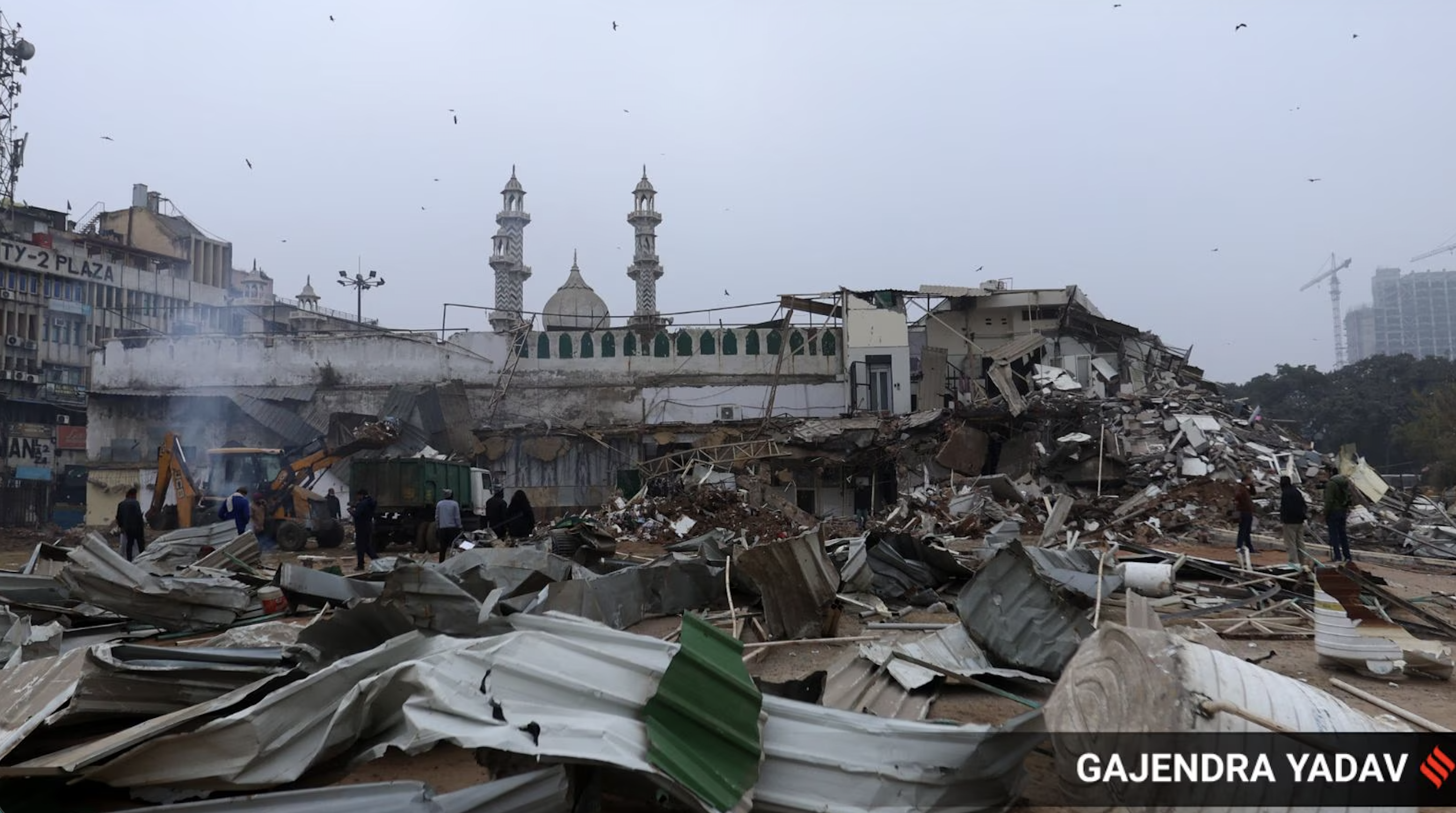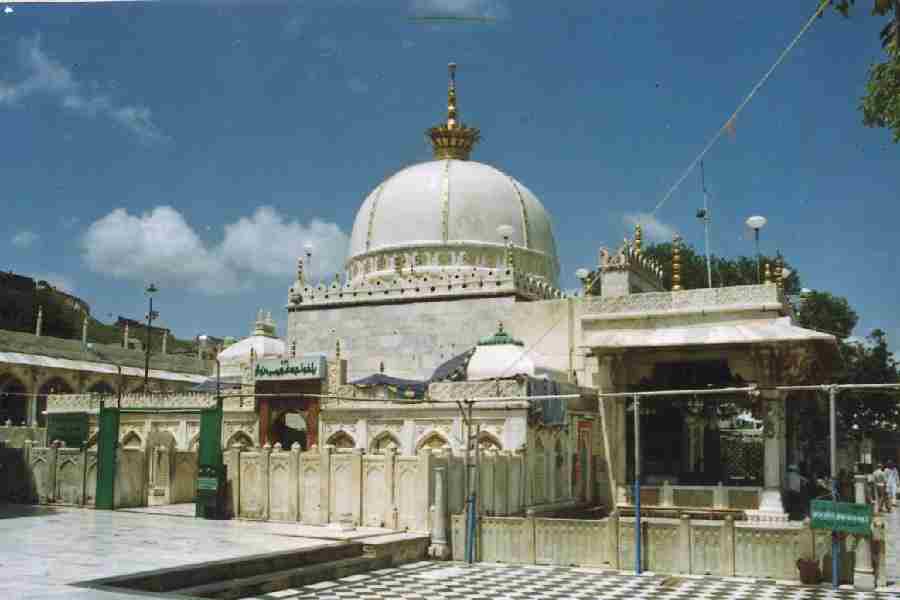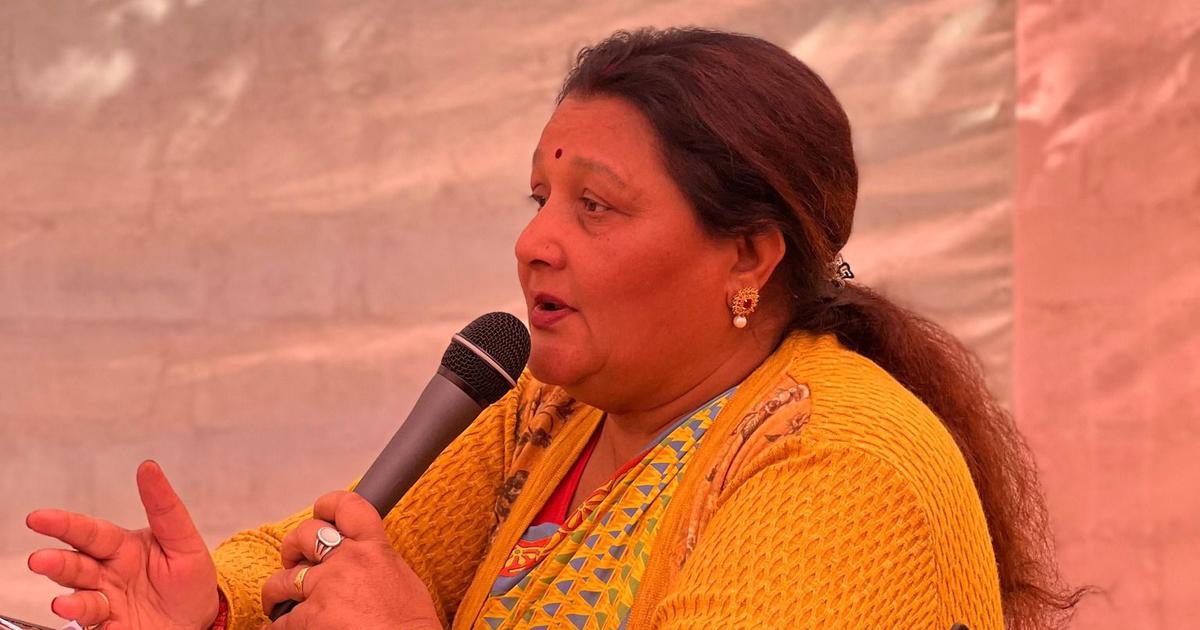Politicisation of the Indian Military: Why is it the talk of the town?
India, by virtue of being a strong democratic institution, has taken pride in its apolitical military – a loyal instrument of the democratic, republican state. Importance of this characteristic was reiterated recently by several army veterans, when a local political party dragged the army into the controversy of whether Pakistani actors should act in Indian films or not. Recently, (on September 23, according to the news reports) when the Maharashtra-based political party (MNS) took objection to the release of the film Ae Dilhai Mushkil, a series of events transpired in which Indian Army’s loss in the recent terror attacks was used as a cover-up for the political game played by MNS and the ruling party BJP. Times of India in it edit said, “Just as the army is no fan of unseemly politicisation of the surgical strikes, petty attacks on soft targets like actors are not its game. Its nationalism and secularism are more confident and tolerant.” The attempts to politicise Indian armed forces were condemned by a number of journalists (Shekhar Gupta, Rajdeep Sardesai and Barkha Dutt), filmmakers and military veterans.
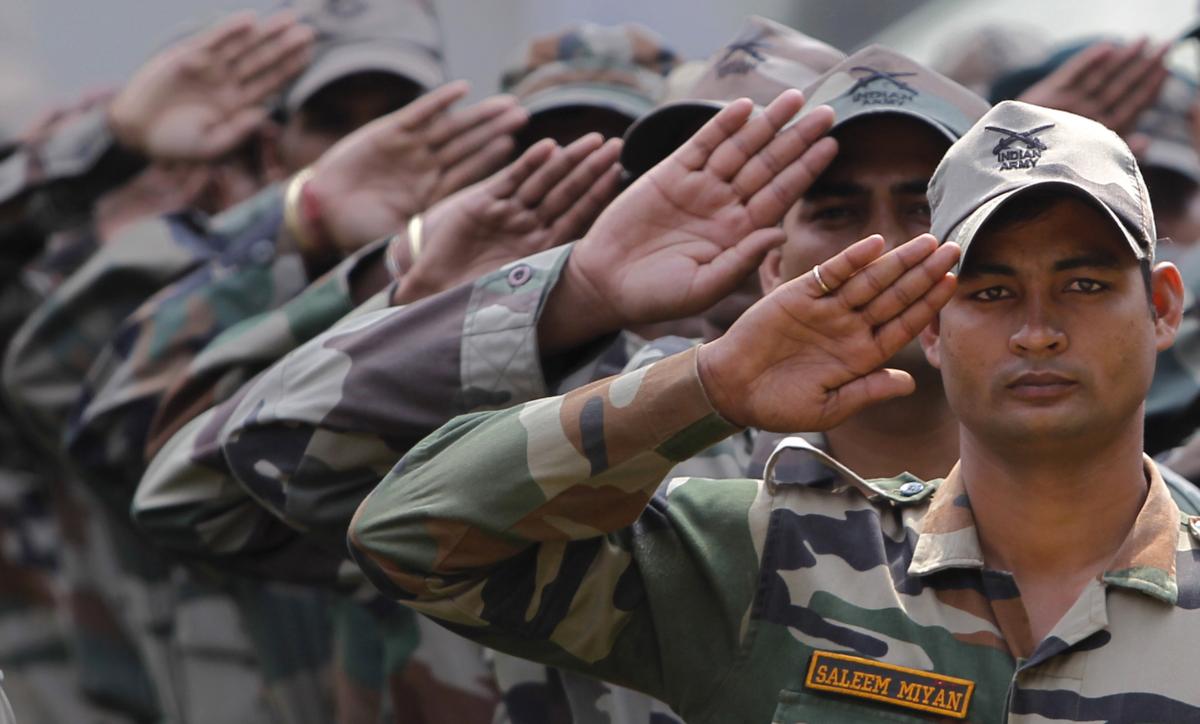
How it all started, this time, in 2016: The Uri attacks and India’s ‘Surgical Strikes’
On September 18, 2016, four heavily armed terrorists attacked Indian Army camp near Uri in Baramulla district of Jammu and Kashmir. In what was termed as the deadliest terrorist strike of past two decades, 17 soldiers were killed and 20 were injured. According to the news reports, a large number of soldiers, from the Dogra Regiment, had been stationed at the camp in tents and other temporary structures. Some of these tents caught fire during the attack, and the fire spread to other parts of the barracks, causing more damage. Lashkar-e-Taiba has claimed responsibility for the attack.
This came after seven military personnel and a civilian were killed earlier in the year in an attack on the Indian Air Force base in Pathankot by a heavily armed terrorist group. The Indian government was heavily criticized for this attack, following as it did close on the heels of Indian prime minister’s friendship handshake with Pakistani premier Nawaz Sharif. Congress leader Jyotiraditya Scindia had said, “”By going to Pakistan for a cup of tea, the Prime Minister has wasted six years of efforts of the UPA government to isolate Pakistan.”
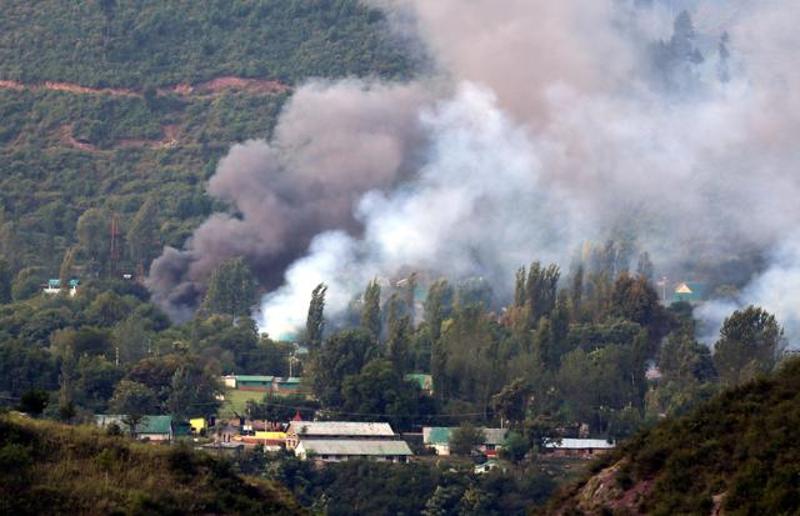
Eleven days after Uri attack (on September 18), Indian Army claimed to have conducted ‘surgical strikes’ against suspected militants across the Line of Control. Pakistan rejected the claim of the pre-emptive strikes, stating that India rather cross-border fired upon Pakistani soldiers, killing two Pakistani soldiers and wounding nine.
Following these incidents, tension between the two countries has escalated and several decisions have been announced by both the countries including proposition of sealing the border by the Indian government and a ban on Indian television channels and cinema by Pakistan. The Border Security Force (BSF) did not exchange customary Diwali greetings and sweets at the Wagah border, according to the news reports, which has also happened periodically in recent years.
MNS utilised the opportunity to flex its political muscle ahead of Mumbai Civic Elections
In the aftermath of the Uri attack, Maharashtra Navnirman Sena (MNS) put up a show of xenophobia and issued a warning to the artists of the neighbouring country Pakistan. Amey Khopkar, chief of the MNS’s cinema workers’ unit Chitrapat Karamchari Sena announced a 48-hour-deadline for the Pakistani actors like Fawad Khan to leave the country, on Septmber 23, according to the news reports.
News reports quoted him, “Pakistani artistes will get beaten up. Along with them, we will also beat up whichever producer or director is with them.”
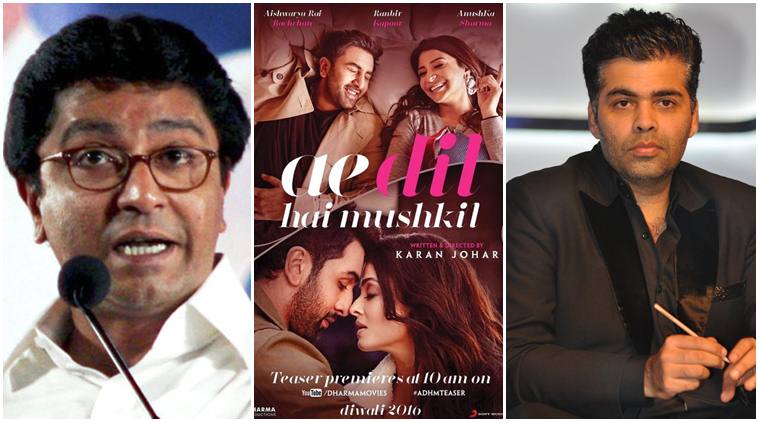
This happens months before the scheduled Brihanmumbai Municipal Corporation elections scheduled for February 2017. With just one MLA in the State Legislative Assembly, MNS has been lately losing popularity in the state it had enjoyed for a short while after its inception in 2006, following Raj Thackeray’s exit from the traditionally belligerent and parochial, Shiv Sena.
The party, known for its Marathi chauvinistic stance targeted film director Karan Johar’s upcoming Diwali release Ae Dil Hai Mushkilwhich starred Fawad Khan. Fearing the party-style vandalism, Cinema Owners’ and Exhibitors’ Association of India (COEAI) called for a ban on the film citing presence of the Pakistani actor. COEAI president Nitin Datar reportedly said the ban would spare greater losses producers and exhibitors would have suffered from vandalism had they screened the movie.
While the ban wasn’t official, the central and the state government kept mum on the subject until the movie’s producers met with the home minister Rajnath Singh.
The MNS’ threats of vandalism and violence
On October 18, Ae Dil Hai Mushkil’s director Karan Johar issued a video statement, in which he appealed to let the film be released citing teamwork of several Indian artists-technicians, and pledged not to work with Pakistani actors in the future.
He said, “When I shot my film Ae Dil Hai Mushkil – in September to December last year – the climate was completely different, the circumstances were completely different. There were efforts made by our country for peaceful relationships with the neighbouring countries and I respect those efforts then, those endeavors then, and I respect the sentiment today. I understand the sentiment because I feel the same. Going forward I would like to say of course I will not engage talent from neighbouring country given the circumstance.”
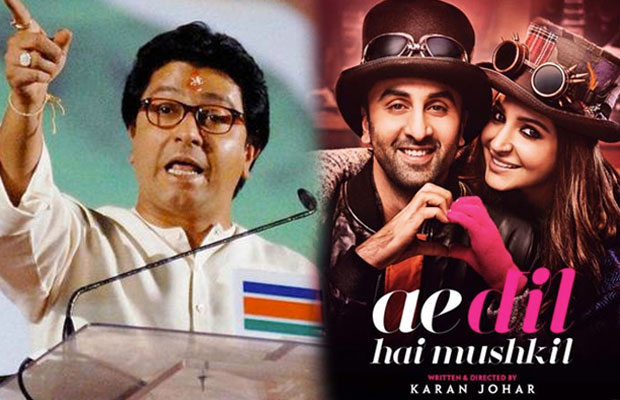
Despite the apology, MNS didn’t budge. Further Khopkar threatened, “If any multiplex operator dares to screen the film, they (operators) should remember that multiplexes are decorated with expensive glass sheets.”
It was only after home minister Rajnath Singh promised police protection and assured its release to the film producers, the government’s stand got clear.
Government negotiated with the bullies, deal closed at 5 crore in the Indian Army’s Welfare Fund’s name
On October 22, 2016 however, Maharashtra CM Devendra Fadanvis decided to intervene in the matter and arranged a meeting with the film producers and MNS founder-president Raj Thackeray. Fadnavis buckled under the pressure of MNS threats, and it was agreed that the producers will donate Rs 5 crore to the Army Welfare Fund – a demand put forth by Thackeray before the meeting. As per the news reports, producers also agreed to insert a slide of tribute for the martyrs of Uri attack. Film producer and director Mahesh Bhatt, who attended the meeting with the CM as the chief of Film and Producers Guild of India, caved in to the demand of not hiring Pakistani actors in the future.
However, the highlight of the meeting remained the extortion of money claimed by the MNS in the name of the Army Welfare Fund in a deal which was brokered by none other than CM Fadnavis. At the state level, chief minister, Devendra Phadnavis belonging to the BJP has been accused of privileging the MNS to ‘teach its recalcitrant political ally, the Shiv Sena a lesson.
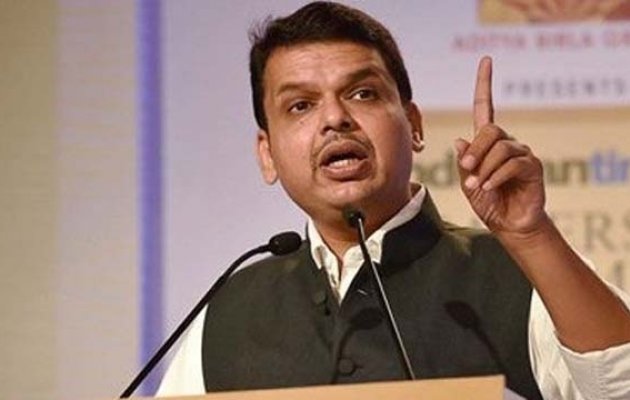
Indian Defence Minister Manohar Parrikar did his bit to colour the controversy.He first said it was the BJP government that had made the Army realise its strength. This was an insult to the Army. At another forum he noted it was the RSS training that Mr Modi and he both had made the “surgical strike” happen. This gave the Army’s action a communal colour.
What is the Army Welfare Fund?
According to an Indian Express report, Army Welfare Fund Battle Casualties was started on the initiative of Defence Minister Manohar Parrikar, who said a large number of organisations and individuals had approached him with the desire to aid families of soldiers who had died in battle. In a statement, the Defence Ministry had said that it had received a surge of such requests after the Siachen avalanche in February, which had led to the death of 10 soldiers.
The Army Welfare Fund Battle Casualties was started as a centralised fund, to accept donations and contributions from organisations and individuals, and to be managed by the adjutant general branch of the Army.The assistance from the fund is meant to be in addition to the existing schemes for relatives of soldiers who die in battle. An SOP in this regard was approved by the Defence Ministry last month.
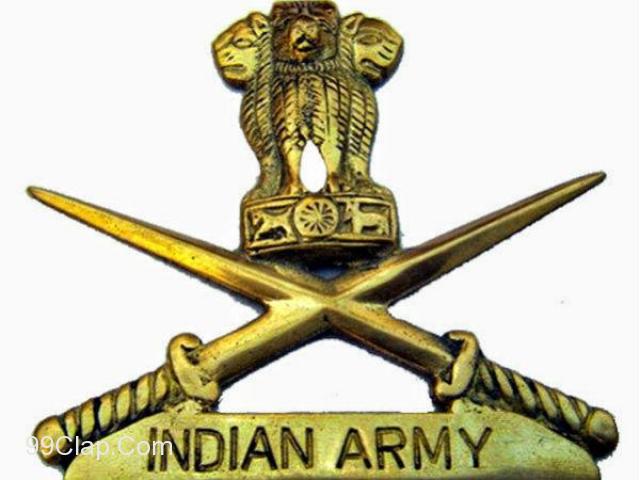
The ministry’s statement had said contribution to the fund must be voluntary in nature, to be used exclusively for “Next of Kin of Battle Casualties”. The ministry is considering a proposal to make contributions to the fund eligible for tax exemption.
Indian Amy took a principled stand, refused Donation obtained through Extortion
The deal finalised at the CM’s bungalow to extort fund for the Army WelfareFund in exchange for the unobstructed release of Ae Dil Hai Mushkil elicited a strong response from army veterans. Many alleged that it’s an attempt to harvest political gains from the issue blown us using Army’s name.Several ex-Armymen and veterans opined that the army should not be made a part of the scheme of local party politics, and that the army should refuse the amount. ormer Air Vice Marshal Manmohan Bahadur lashed out at Thackeray in a series of tweets describing his demand as “extortion” and stating that army doesn’t need “tainted money”.Times of India quoted a senior army official in its report, “Don’t play politics with the Army, which has a strong apolitical, highly-disciplined and secular ethos. The armed forces do not want to be dragged into such low-level political wrangling.” Another officer added, “We only accept funds that are donated voluntarily, not through such coercion or extortion.”
Media reports later claimed that the Army has refused to accept the 5-crore amount to be donated by the movie’s producers.
Government slammed for facilitating clean exit for Raj Thackeray
Several activists, politicians, thinkers came down heavily upon the government for its role in the attempt to politicise military. Bollywood actor and activist Farhan Akhtar called it a “terrible precedent” and criticised the CM for negotiating with someone, who is “not even government”. Some of the actors alleged that filmmakers have become “easy targets” for politicians.
Shiv Sena – BJP’s partner in power at the state level too criticised the deal, and party president Uddhav Thackeray reportedly said, “The Indian Army has its self-respect. So, it does not need any money eked out of extortion.”
Deccan Herald said in its editorial piece, “When a government enters into a deal with a law-breaker and forces a citizen to meet his wrong and illegal demands, the rule of law breaks down and the law of the jungle takes over.”
It further wrote, “The MNS’ threat to disrupt the showing of the film was a challenge to the rule of law which the government is duty-bound to uphold. That duty is part of the state’s contract with the people from which governments derive their power, authority and legitimacy. This contract was not only violated but the citizen was made to pay a price for exercising his freedom guaranteed under the Constitution, and a legally elected government facilitated and underwrote the deal.”
Senior journalist Manu Joseph wrote in Hindustan Times, “The BJP government, by appearing to negotiate with Thackeray, greatly diminished itself. When the Indian middle-class wished for a strongman to lead the nation, what they meant was that they wanted the government to assert its legitimacy and create order. It is amusing that the issue of nationalism should make the BJP, which rules both the Centre and Maharashtra, choose the path of timid placation instead of giving Thackeray the AAP treatment, which is the act of shoving an adversary into prison. It is possible that the BJP is not as scared of Thackeray as it is of the AAP.”
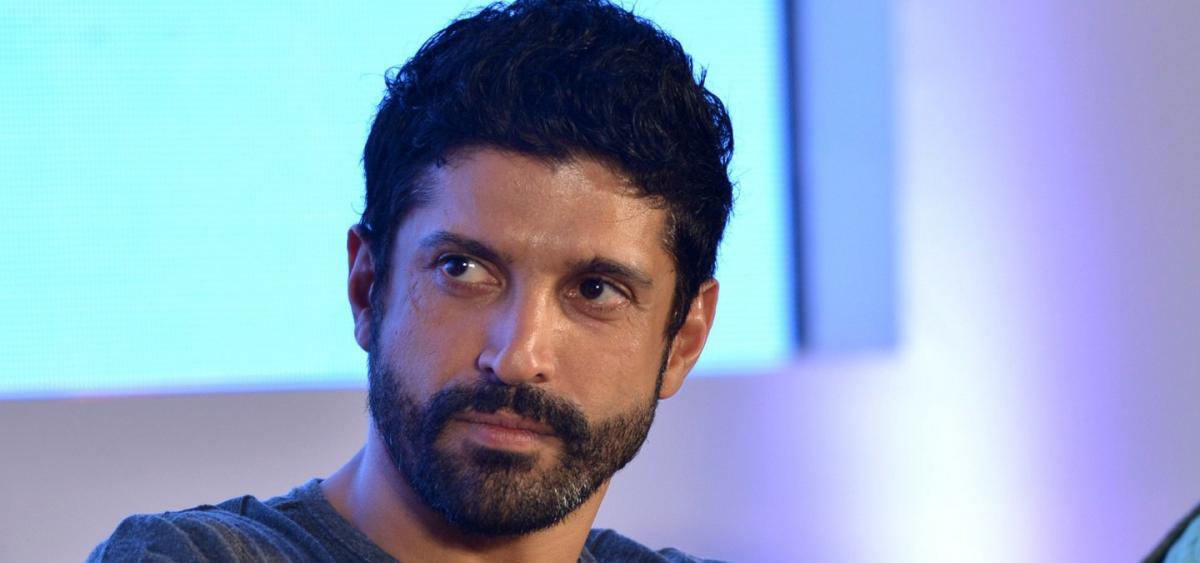
While on the other hand, some experts are seeing it as a strategic move by BJP to strengthen MNS to be used against the common rival Shiv Sena in the upcoming BMC elections.
However, for the public, in a sense, the ruling party in Maharashtra has come out of this controversy as subservient to goons/bullies and Raj Thackeray emerged as the self-pronounced victor. Ironically while, the two may appear to be on opposing sides today, the MNS is only aggressively following what the Shiv Sena had begun in the mid-1980s—the infamous incidents of ‘digging up the cricket pitches’ to prevent Indo-Pak matches and prevention of singer Ghulam Ali’s concerts in Mumbai, as some examples of this street bullying and jingoism.
Communalisng the Indian Army by the Supremacist Hindu Right: is this the First Time?
In the years of the first government by the National Democratic Alliance (NDA-I, 1998 13 months and then again, five years from 1999-2004), the Indian army was made to play host to an RSS religious festival, called the Sindhu Darshan festival, in Leh. The festival was the brain-child of Union home minister, L.K. Advani who on his visit to Ladakh in 1997 discovered that the Indus river flows through Ladakh. Praveen Swami reported in Frontline (August 13, 1999) that the infrastructure for the festival last June was provided by the 3rd infantry division in Ladakh. ‘More than 500 RSS workers, including RSS ideologue Tarun Vijay, attended the Sindhu darshan. Most of them stayed on premises made available by the Army, which also sent troops to erect platforms and pavilions’.
Many army officers, who reluctantly had to participate in the festival this year, were unhappy at the attempt to force a political meeting on armymen. “We’ve no business here. It was purely a political meeting. If they wanted to honour the jawans, they should have come to the units,” one military officer told the Outlook correspondent Rajesh Joshi (Outlook, August 9, 1999).
The Vishwa Hindu Parishad (VHP)’s More Brazen Attempt
A more brazen example of the pernicious bid to ‘instill a Hindu consciousness’ in the army jawan was reported by The Hindustan Times on August 20: VHP gift- wraps Ram with free ACs. ‘Some of the jawans who were injured in Kargil can now recuperate in air-conditioned comfort and read Tulsidas’ Ramcharitmanas at leisure thanks to the VHP.
A VHP brigade led by its president Vishnu Hari Dalmia, working president Ashok Singhal and senior vice-president Giriraj Kishore , visited the Army Base Hospital here (New Delhi) this evening for the installation of 18 air-conditioners the organisation had gifted. They also very thoughtfully used the opportunity to distribute copies of Tulsidas’ epic to the convalescing soldiers. The copies were distributed irrespective of the recipients’ religious persuasion’.
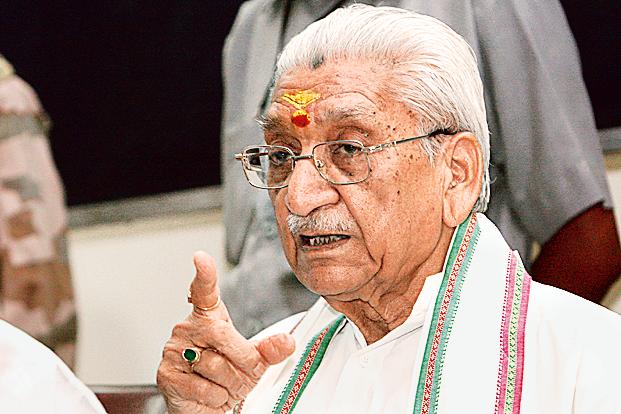
The Congress and the CPM had rightly attacked the attempt of different segments of the sangh parivar to politicise the Indian army and to destroy its secular character.
Indo-Pak or Hindu-Muslim?
In 1999, on the eve of the Kargil war, the reported torture and mutilation of the bodies of Indian jawans by Pakistani soldiers became a pretext for the RSS to present the Kargil skirmish as part of the 1,000-year-old Hindu-Muslim conflict.
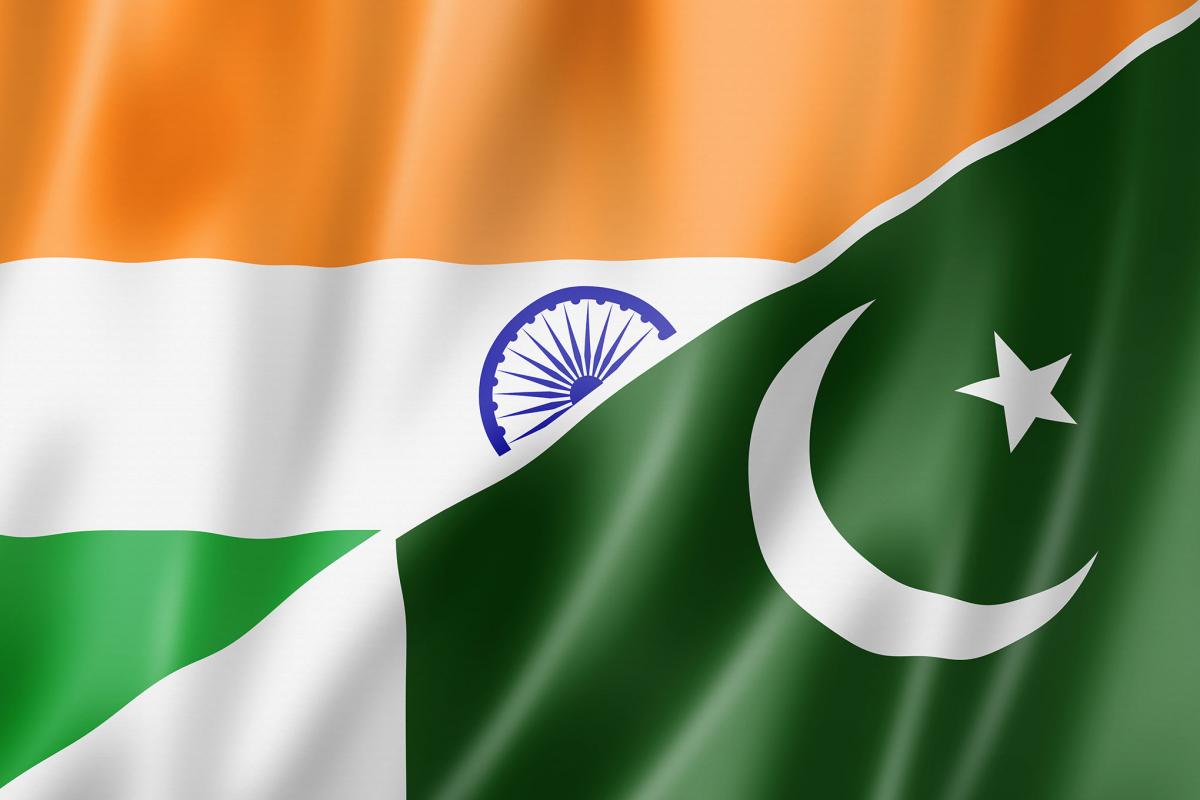
The RSS mouthpiece Panchjanya (June 20, 1999 issue) advised Vajpayee to use nuclear weapons to settle what it considered to be a 1,000-year-old war between Hindus and Muslims. “The time has come again for India’s Bheema to tear open the breasts of these infidels and purify the soiled tresses of Draupadi with blood. Pakistan will not listen just like that. We have a centuries’ old debt to settle with this mindset. It is the same demon that has been throwing a challenge at Durga since the time of Mohammed Bin Qasim. Arise, Atal Behari! Who knows if fate has destined you to be the author of the final chapter of this long story. For what have we manufactured bombs? For what have we exercised the nuclear option?”
The Panchjanya editorial was severely criticised by most national newspapers through their editorials. For example, The Times of India wrote in its editorial on June 23, 1999: “The Panchajanya editorial is a stab in the back far worse than what the Pakistanis have done in Kargil”.
Communal Twist to the Indo-Pak Conflict by Organs of the Hindu Right
Despite very critical editorials by national newspapers, leaders of the Sangh Parivar continued to give a communal twist to the Kargil issue. This despite the fact that the jawans fighting Pakistani intruders came from all religious communities and groups of Muslims held public demonstrations in different parts of the country attacking Pakistan for their betrayal of India’s trust.
- In the first week of July, the Bajrang Dal chief demanded a ban on the Quran claiming that Muslims cannot live in peace with others so long as they followed the teachings of the Quran.
- At a press conference on July 1, 1999, the then VHP working president Acharya Giriraj Kishore mentioned a Lucknow-datelined report which said noted Islamic scholar and rector of the Nadwat-ul-Ulema Maulana Abul Hasan Ali Nadvi, also known as Ali Mian, had urged Muslims not to offer prayers for Indian troops fighting in Kargil. The report, was subsequently proved to be entirely baseless.
- And Shiv Sena chief Bal Thackeray decided to target Dilip Kumar demanding that he should return the Nishan-e-Imtiaz that he had got from Pakistan. Many newspaper editorials condemned this hounding of Dilip Kumar.
From Kargil to Ahmedabad, 1999
The unceasing attempt of the sangh parivar to give a communal twist to Kargil, finally ended up in communal riots in Ahmedabad in the year 1999. Is this what the forces in power want this time round, too?
During the Ahmedabad riots, the Bajrang Dal chief of Ahmedabad was arrested for trying to set the Bhagyodaya Restaurant, owned by one Imdad Ali on fire. While trying to set the restaurant on fire, the Bajrang Dal chief himself received severe burn injuries. In an editorial the Jansatta (Hindi), published from Mumbai, the paper cited how Hindu communal organisations had been deliberately provoking Muslims using the pretext of the World Cup Cricket and the subsequent Kargil conflict. This, said the Jansatta editorial, was the reason for the Ahmedabad riots. Besides, as reported by several papers from Gujarat and Mumbai, the return of the dead bodies of jawans from Gujarat for their last rites by the families were converted into political rallies by the BJP, the saffron flag aflutter and the shouting of anti-Muslim slogans.
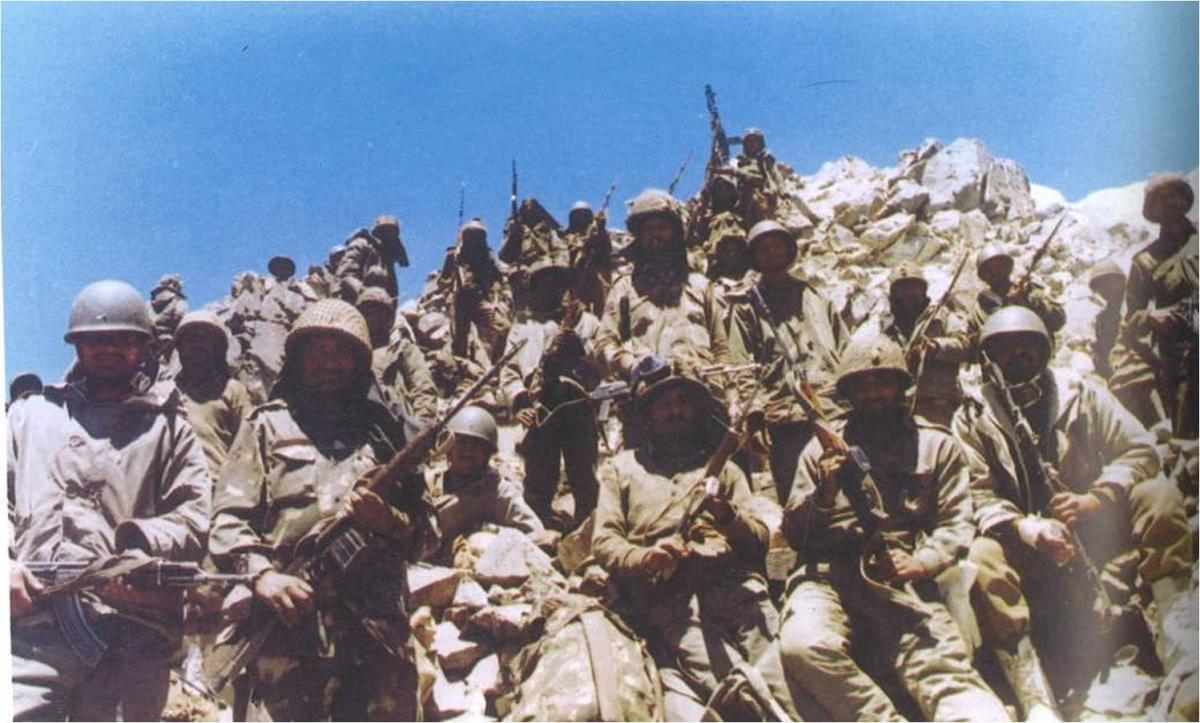
Leading Pakistani journalist and assistant editor of newspaper Dawn Cyril Almeida in an exclusive report on October 6, 2016 (days after India’s claim of surgical attacks) had said that some in the civilian government complained at a top-secret meeting that they were being asked to do more to crack down on armed groups – yet whenever law-enforcement agencies took action “the security establishment … worked behind the scenes to set the arrested free”.
Insisting that the law should apply equally to all, the civilian government’s representatives at the meeting gave warning that Pakistan risked international isolation if the security establishment did not take the recommended course of action, according to the report.

The report came against the backdrop of heightened tension between the two countries, sparked an uproar and the government called the report false, holding an inquiry against the journalist. Almeida, who was leaving for abroad the next day, was barred from leaving to help in a probe into how “inaccurate” details of a crucial security meeting were leaked to the media. The journalist’s name was put on Exit Control List (ECL). However, owing to the flak of several including Amnesty International, the travel ban on the journalist was lifted, according to the news reports.
For conceptual clarity: Importance of an apolitical military
Chinese communist revolutionary Mao Zedong wrote: Power grows from a barrel of gun. But, the wise have learnt their lesson from several examples from different parts of the world, where a mix of armed forces and political power has ended up harming the fabric of democracy. Many political thinkers have conformed to the notion that the military must serve the civilian leadership. Powerful countries including the US strive to portray and ensure that the military remains compliant to the elected representative, regardless of his or her political affiliation. The problem in the USA and other western, first world democracies is that the economies of their countries rest on the sale of arms in the international market. We need not go really far to see the impact of militaries that hold influence in the corridors of power. South Asian countries like Pakistan and Bangladesh have bitter histories of political volatility and disorder inflicted by their own politicised militaries. The Military, as an institution can drastically influence the process of democratic consolidation.
According to research conducted by Arkansans State University, USA, highly politicised military structures among transitional states have a deleterious effect on the quality of democracy. More specifically, if the military has institutionalised its role in politics as being interventionist, the likelihood of democratic consolidation becomes difficult.
Fortunately, following the ADHM controversy, Indian army spoke up for itself and refused to be a part of the brazen attempts by supremacist right wing organisations to colour the institution. Whether political parties will have the dignity to keep away from the Indian armed forces in the future is a question that only time will answer.
References:
http://harpers.org/blog/2007/09/a-politicized-military/#
http://ips.sagepub.com/content/35/4/482.short
http://www.pri.org/stories/2016-08-02/why-us-military-supposed-stay-out-politics?utm_source=theweek&utm_medium=referral&utm_campaign=partnership
http://www.outsidethebeltway.com/dempsey-military-must-remain-apolitical/
http://press-files.anu.edu.au/downloads/press/p33231/mobile/ch07s04.html
http://ndupress.ndu.edu/JFQ/Joint-Force-Quarterly-82/
http://bangladeshchronicle.net/2016/08/politicisation-of-indian-armed-forces-conflicting-interests/
http://www.e-ir.info/2012/04/26/can-the-military-be-a-political/


